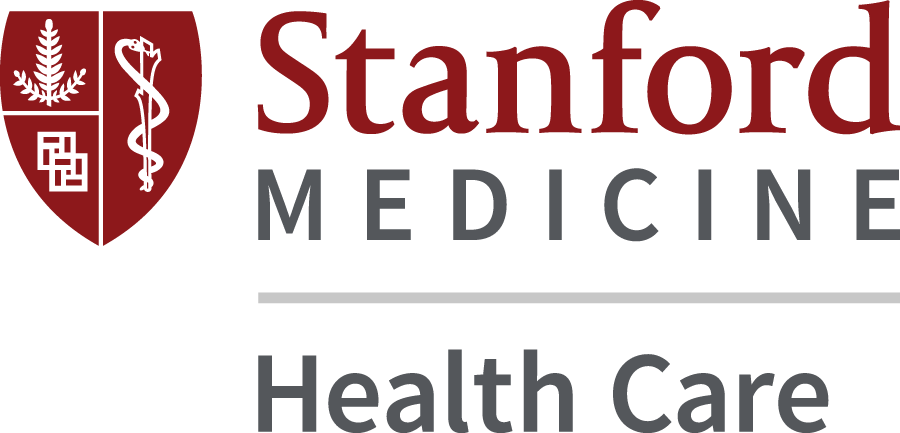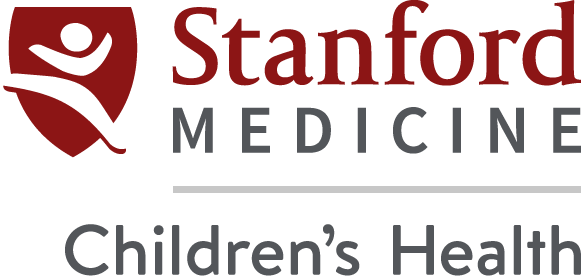As our organizations work to reduce the spread of COVID-19 (novel coronavirus), it is also important that we each take care of ourselves while we assist in community efforts to prevent further spread of this virus.
Staying calm, managing anxiety
Even on a “normal day” in history, emotional stress can prove very challenging. So add in COVID-19, and it’s really tough. How can we stay calmer and make wiser choices?
Firstly, bear in mind that as COVID-19 news spreads, it has created heightened stress for many of us. (For others, it has added to existing anxieties.) As James Kendall, LCSW, CEAP, of Vanderbilt University states, “sensationalized stories add to our angst and panic. The stock market has responded with a downturn, and many are unsure whether to travel or attend social gatherings. It may be similar to our response to other stressful world events: HIV, H1N1, SARS, mass shootings and 9/11.” It may, therefore, be wise for some to limit news overexposure: sensational news stories can perpetuate unnecessary anxiety.
On the other hand, staying educated means something more than just watching the TV news. For updated information on COVID-19 visit your organization’s website:
-
- If you are a Stanford Health Care employee.
- If you are a Stanford Children’s Health employee.
- If you are a member of our external community.
In addition to the Wellness Tools already available to you, we also hope the following resources* will prove helpful:
-
- HELP Center 650-723-4577. All scheduled sessions are being held remotely (Zoom).
- Employee Assistance Program (EAP) – Free counseling and life coaching at 855.281.1601
- Headspace – mindfulness meditation app
Physicians and healthcare providers with a NPI can access a free, full subscription to Headspace for the rest of 2020. Clinicians, enter the state your NPI is registered and follow the prompts. List your name as it is on your NPI and have your NPI number handy. Click here to activate your account. - Stanford Office for Religious Life – Free virtual contemplative practices
- A Daily Dose of Togetherness (Greater Good): Free virtual daily events at noon, through April 3rd.
- Santa Clara County maintains an anonymous crisis line that is available 24 hours, 7 days a week, at 1-800-704-0900 (Mental Health Services).
- SAMHSA’s Distress Helpline (related to any natural or human-caused disaster) is accessible 24/7 at 1-800-985-5990 or via text (send TALKWITHUS to 66746; Press 2 for Spanish).
Physical Well-Being
-
- Stretch Break Tools
- Ergonomics
- Stanford Recreation and Wellness – Free virtual fitness classes
Social Well-Being
-
- Self care audio
- Recorded Wellness Speaker Series
- Stanford Health Improvement Program (HIP) – Free healthy living webinars
- Medicine and the Muse – Virtual Concert
- Met Opera – Free live streaming of operas nightly
- Compassion Tool Kit
- Self-care: The gift that keeps on giving
Stanford Worklife virtual learning for children and families:
-
- Helping Kids and Families Cope with COVID-19
- Bright Horizons – Find learning activities, health and safety resources, educational apps and more.
- Parents Place – Join a parent workshop or parenting support chat at
- Raddish – Enjoy cooking? Find fun kid-center cooking lessons that foster curiosity in math, science, geography, history and more.
- Cosmic Kids Yoga – Move your body and enjoy a virtual yoga class
- Mo Willems – Draw, doodle and explore new ways of writing
- Virtual field trip – Visit a museum, zoo, or theme park
- Cantor Arts Center and Anderson Collection – Take a virtual tour
- Kid-friendly podcasts
- Mindheart – Help children explore their emotions related to COVID-19
- Stanford educational scholar Denise Pope: Upgrade your home lessons
As was summed by in an article published by The Greater Good Science Center UC Berkeley:
“One way is to use whatever tools you have at your disposal for keeping a cool head — like practicing mindfulness, which has been shown to both lessen emotional reactivity and help us make better decisions. We might take a walk in the park or nearby woods and let nature soothe us. Or we could talk to a friend — a calm friend, that is — who can help us reduce our anxiety. Of course, our normal ways of connecting socially — like singing together at a concert or going to large parties — may have to change. But whatever we can do to maintain an air of calm, and to spread it to those around us, the better. After all, our emotions tend to be contagious in our social circles, and we should do our best to keep fear and panic contained.”
Lastly, HealthySteps to Wellness has also long advocated that each of us to carve out “alone time” — enhanced even more when combined with fresh air and exercise. Simplistic as this may sound, now more than ever, this strategy is a useful tool. Take yourself away — both physically and mentally — from coronavirus for at least a while by going out for a run or long walk, alone.
See:
*NOTE: Resources outside of the Stanford organization are for informational purposes and are not endorsed by the organization.
By Lane McKenna and the HealthySteps to Wellness team
Originally published March 13, 2020; updated May 7, 2020



